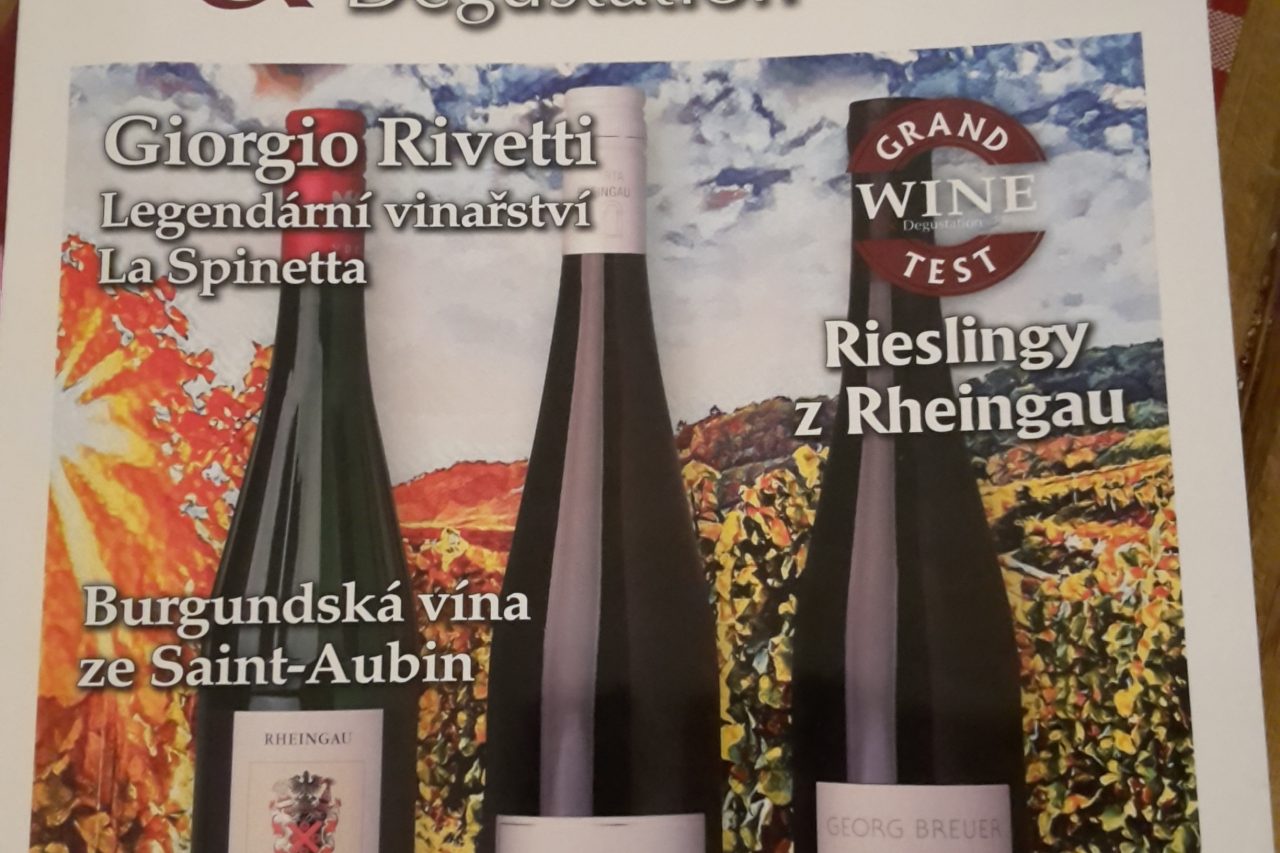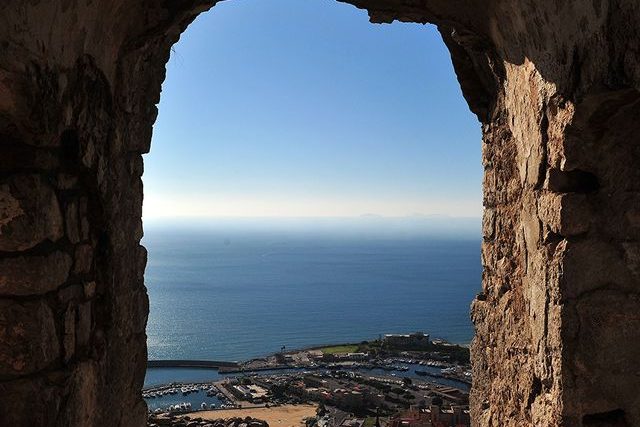France and Italy, with their differences, have always clashed in the world of wine and more, as good rivals. Anyway, it doesn’t mean that there cannot be any opportunities to introduce Italian wines in such a proud market today. To explain that something has changed in the last two or three decades is Christophe Andrieu, journalist and editor with a long experience in affordable information.
Now Andrieu is the editor of the specialized “Magazine des Hôteliers” and “Magazine des Cavistes & Sommeliers”, his is a very special point of view on the French wine market, very useful to understand trends and specificities of our cousins from beyond the Alps.

Dear Christophe, for Frenchs, are Italian wines potential rivals or is there a link, let’s say a kinship, that makes them preferable to other territories of the world?
As you know, french wines are quite famous and consumers in the country are usually very proud of this situation. So, for long time, it has been quite difficult for foreign producers to even exist on the french market. It began to change a little bit thirty years ago with some wines from the «new world», like Chili or California, mostly because french companies were involved in their production.
But, now, for the last ten years, we have a new phenomenon, consumers are more inclined to discover new horizons. And the point is that french consumers are usually better trained and informed with varieties, denominations or the notion of «terroir». So, it may be a good point for italian wines because this kind of kinship will be a good key to seduce consumers.
Is there a difference between how Italian wine is considered in France, especially among youngsters, compared to more adult generations?
Typically, younger consumers are more open. They are less informed but eager to try and taste new wines. Even if italian wines are quite cousins they are still considered in France as «exotic» ones. And the breakthrough of prosecco has began with spritz cocktails for example. Now, it’s quite easy to find these wines in retail shops or restaurants.
According to your point of view, what are the strengths of Italian wine, maybe even of a region like Lazio, to have more possibilities to succeed in France? The price, grapes, sustainability, packaging?
Of course, sustainability is a fondamental key nowadays. And price (much better to say value for money) is always important to make the final decision. Clearly, some packagings may be commercially positive today but will it be the same in the future? I think the tendency will be more and more to oppose too sophisticated containing versus a real proof of sustainability.
And to answer to the first part of your question, I think there will be two different ways to open the doors of the French market for Italian wines. The first one is with easy-to-drink wines, like Prosecco did it some years ago. It can be aromatic white wines or rosés wines too, mostly targeted to younger consumers. But the French market is also a very mature one for the wines, like UK or Belgium.
It’s an evidence that Italian wines may have great cards to play because of their quality, history, denominations and incredible diversity of grapes. There’s a lot to tell to the consumers and a great pleasure to taste these wines. But, to be honest, actually, a region like Lazio is not the first that comes to mind. It’s not an official poll, just a feeling, but if you ask French consumers to give some names about Italy they will be able to talk about some varieties like nebbiolo, barbera, sangiovese or vermentino, some regions like Toscana, Piemonte or Sicilia and some wines like Barolo, Chianti, and perhaps Montepulciano di Abruzzo or Moscato d’Asti. And, of course, Prosecco!
Does the charm of ancient history, from ancient Rome onwards, have a value in the communication of wine in France?
A lot of French vineyards directly come from the roman period. At least, there is a link between this history and the vine (more than 600 years in the south of France!). So a lot of appellations or even wine estate do not hesitate to communicate about this anteriority.
Naturally, this part of history is even stronger for Italian wines. The storytelling might refer to this but don’t have to forget the lovely countryside drawn by the vines. It helps to understand more the notion of terroir. Jacques Puisais, famous French oenologist who passed away two years ago used to say «a wine should have the face of the winemaker and the guts of the place!»






